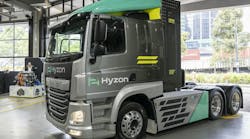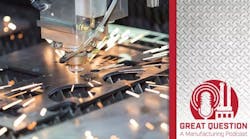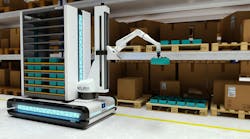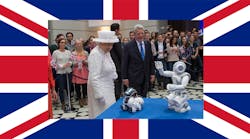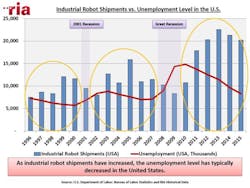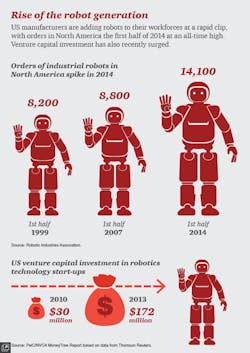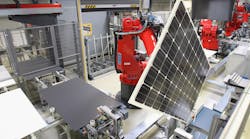Author: Lucy Meakin
Up to one-third of British jobs could face automation in the next 15 years, but the technology will improve productivity and create new roles elsewhere, according to PricewaterhouseCoopers LLP.
The transportation and storage industry and manufacturing have the most roles at risk, the report published Friday showed. Education, health and social work are least likely to be affected due to the relatively high proportion of tasks that are difficult to automate.
“Automating more manual and repetitive tasks will eliminate some existing jobs, but could also enable some workers to focus on higher value, more rewarding and creative work,” said PwC Chief Economist John Hawksworth. “By boosting productivity -- a key U.K. weakness over the past decade -- and so generating wealth, advances in robotics and AI should also create additional jobs in less automatable parts of the economy as this extra wealth is spent.”
The Bank of England has been looking at the issues arising from technological advances for some time, with Chief Economist Andrew Haldane previously estimating that 15 million British jobs could be lost to automation.
While automation is thought to be a job killer, unemployment in the U.S. has gone down as robot shipments have gone up.
The PwC report also found that a higher proportion of male than female jobs are at risk, especially those of men with lower levels of education. It could also increase income inequality by placing a premium on education and the ability to acquire new skills, the report showed.

